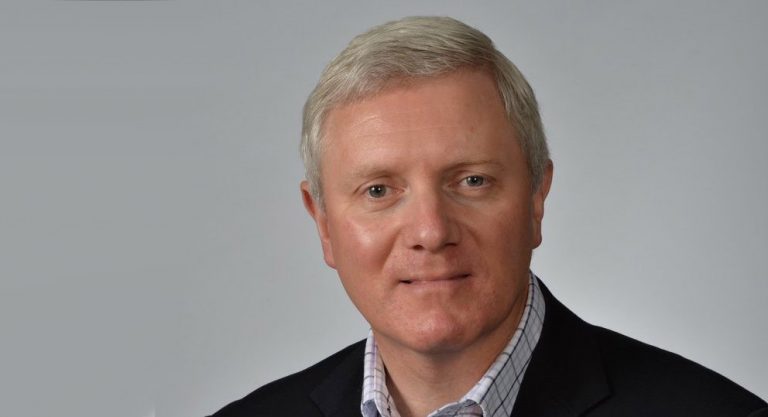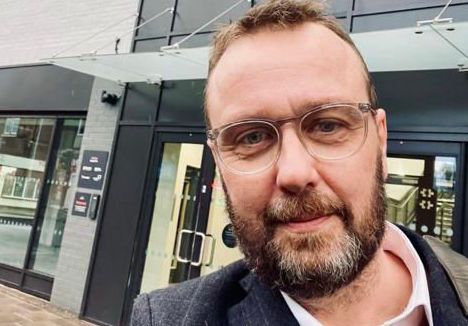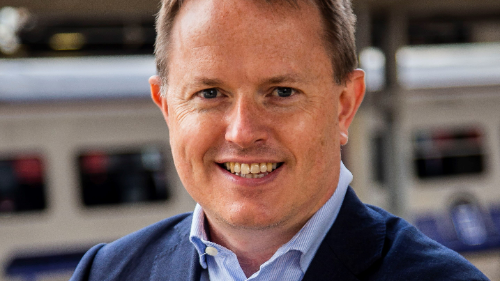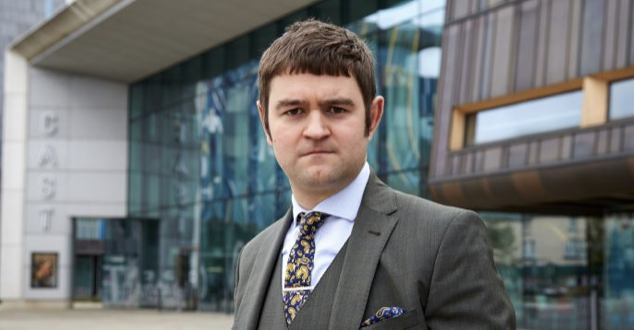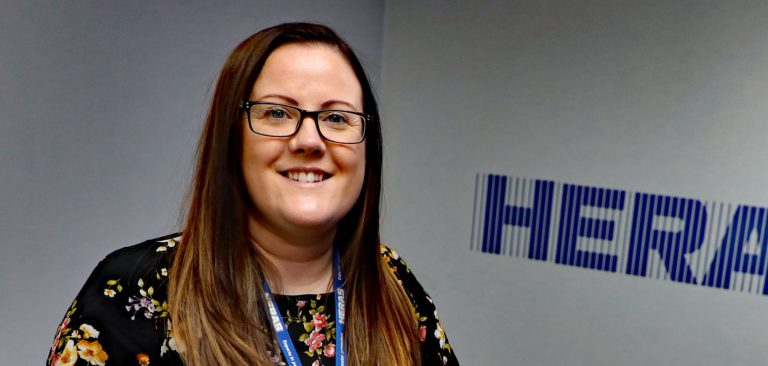The Chancellor’s announcement that he is minded to cease funding Local Enterprise Partnerships beyond 2023/24, raises serious questions about consequent costs and the role of business, according to LEP Network Chair Mark Bretton.
He says that by implication, the Growth Hubs that have helped support millions of small businesses will also lose funding.
He said: “The Chancellor’s statement was a further step in LEPs’ evolving role in the devolution agenda, if not managed well, it could significantly diminish or even silence the voice of local business and damage the unique convening power that gets projects delivered, acknowledged as the hallmark of LEP success for over a decade.- Whitehall recognises the transition will cost money, not save it, under the new burdens rule on Local Authorities, whereby any new functions must be funded by government, both LAs and government need to agree what these functions would cost to effectively deliver them. There is no money in the LEP system or core funding settlement to pay for this exercise which will only serve to divert scarce resources from where they should be focused, stimulating economic growth and supporting local enterprise;
- LEP directors cannot be expected to shoulder ongoing liabilities and going concern commitments. Government must provide full indemnities and take complete responsibility for the implications of their decisions;
- Business must not be silenced or made ineffective – it must retain a meaningful voice to ensure investment is relevant and that it enables the creation of jobs – after all it is business which creates jobs, not government;
- Lessons learned, especially in business case assessment, project execution governance and the delivery of committed outcomes are not lost. Government needs to avoid a “cookie cutter” approach and ensure solutions are locally tailored.
- Most importantly, that the 1000 people employed in our Executive teams are respected and their talent is not wasted.


